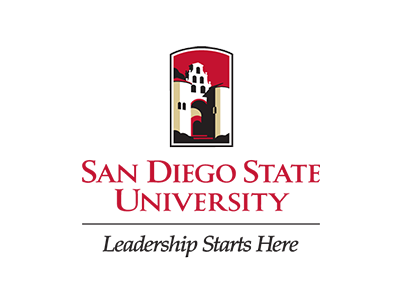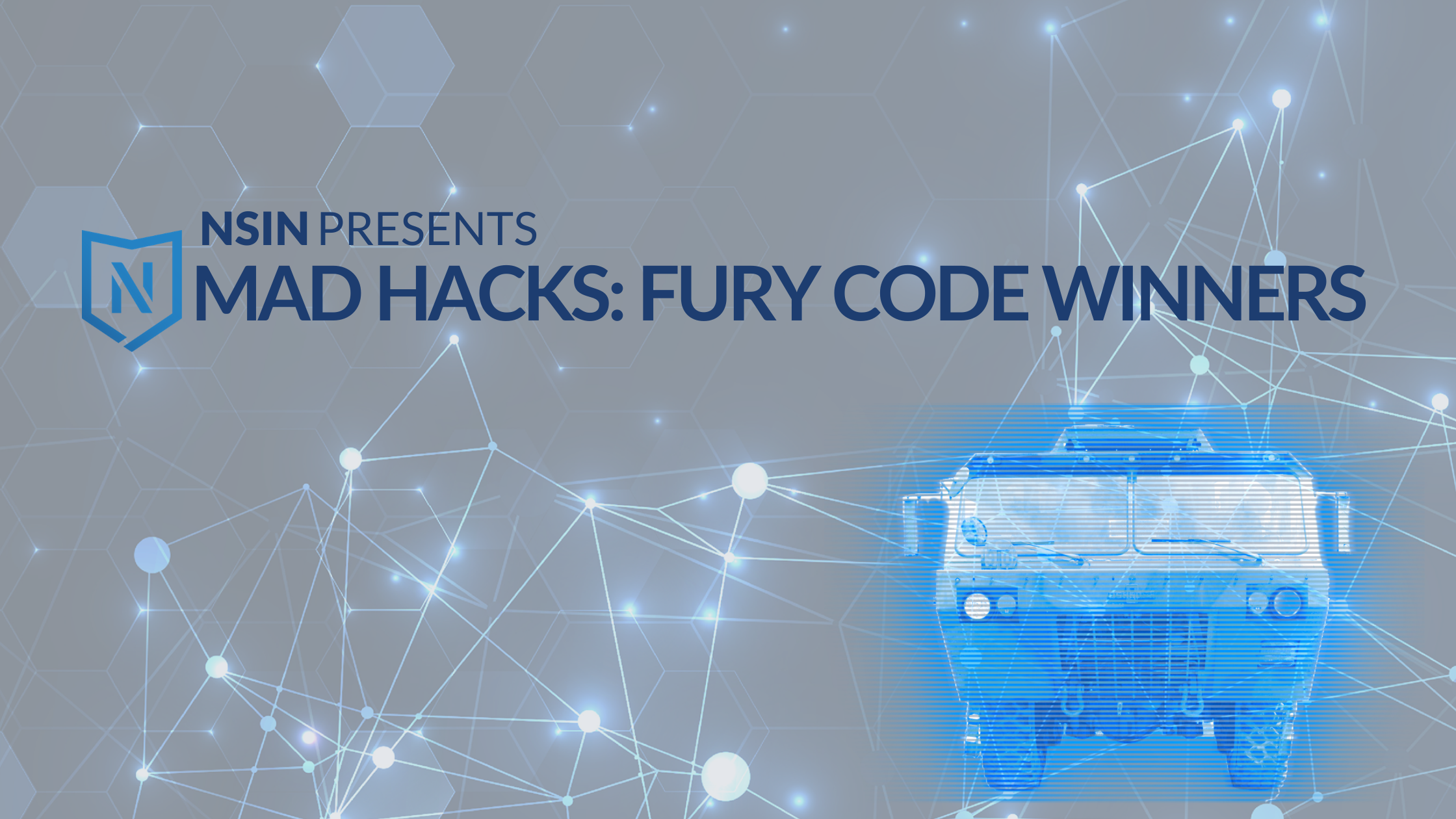
Mad Hacks: Fury Code Concludes with Four Winners

Four teams of innovators, including academic and venture/start-ups, earned a total of $70,000 in contract funding at the National Security Innovation Network (NSIN) virtual hackathon “Mad Hacks: Fury Code,” which concluded on February 26, 2021.
The Mad Hacks grand prize winner received $25,000 to develop their solution further and help the Department of Defense end-users solve this mission-critical problem.
- Team Distributed Spectrum – GRAND PRIZE WINNER - The grand prize winner was Team Distributed Spectrum and their RF Threat Detection System. The solution will detect cyber-attacks in the radio spectrum in real-time, as the RF Threat Detection system identifies enemy transmissions designed to disrupt vehicle operations and determine the threat they pose to the vehicle’s safety. This student team includes Alex Wulff, Isaac Struhl, and Ben Harpe.
NSIN also awarded three other teams with awards of $15,000 each.
-
Base8 - A team of students from San Diego State University and the University of Washington, Base8 provided a solution focusing on blockchain implementation to secure the network for an autonomous ground vehicle to ensure resilience, situational awareness, and recovery support. Team members are Riana Hernandez, Shahrzad Feghhi, Skyler Hertz, Ken Lew, Trevor Caldwell, and Elise Serrano.
-
Team Koala-Proof - Team Koala-Proof includes six students, from five universities, in three time zones who collaborated for their PHC Defense solution is a collection of multiple solutions against cyber threats combined into a single system. This general solution allows flexibility in combating cybersecurity issues or a semi-autonomous or autonomous vehicle’s physical attack. Team Koala-Proof team members are Heather Cowherd, Rachel Devine, Anna Bowers, Cashaad Lawrence, Abelardo Garcia, and Arturo Sanchez.
-
Team Synergy - A collaborative effort, Team Synergy includes students and faculty from Cal State San Marcos, entrepreneurs, and retired military, pitched their Syn6 solution. Syn6 is an encrypted, compartmentalized, and intelligent three-tier cybersecurity architecture that maintains operational resilience for human-controlled and autonomous vehicles. Team members are Chris Morales, Briana Cordova, Lemuel Johnson, Jael Acuna, Capt. Dan Hendricks (USN-Retired), and Dr. Samuel Clarke.
“Mad Hacks: Fury Code” virtually challenged more than 500 registered participants to develop technologies or systems to help human-controlled and autonomous vehicles operate through cyber-attacks or other instances of electronic warfare.
NSIN created Mad Hacks: Fury Code based on the customer demand, which was itself driven by the increasing utilization of human-controlled and autonomous vehicle platforms. As these systems play critical roles in mobility and survivability, they are also vulnerable to cyber-attacks that could disable the system and leave troops unable to communicate and coordinate. Given the diversity of the vehicles used, along with the adversary force capabilities, successful cyber-attacks are all but inevitable.
“The impact of collaboration, despite our virtual delivery, was tremendous,” said Kedar Pavgi, NSIN Hacks Program Manager. “Three of the top winning teams included ventures and students representing multiple institutions throughout the country, collaborating on solutions for this challenge.”
Partners for Mad Hacks: Fury Codeare the 1st Cavalry Division, U.S. Army, U.S. Army DEVCOM Ground Vehicle Systems Center, Next Generation Combat Vehicles Cross Functional Team, and Dell Technologies.
The next NSIN Hacks hackathon event, “Beat the Blaze: Only you can Hack wildfires,” is scheduled for March 29 - April 16, 2021.
Live Event Recording
Watch the final pitch round competition for Mad Hacks: Fury Code here.
About NSIN
The NSIN mission is to “build networks of innovators that generate new solutions to national security problems.” NSIN is headquartered in Arlington, VA, and has regional offices in 11 commercial innovation hubs throughout the United States. Through its headquarters, regional hubs, and embedded university partnerships, NSIN builds a national network of innovators and delivers programming that solves real-world, DoD problems through collaborative partnerships with non-traditional problem-solvers within the academic and early-stage venture communities.
.png)
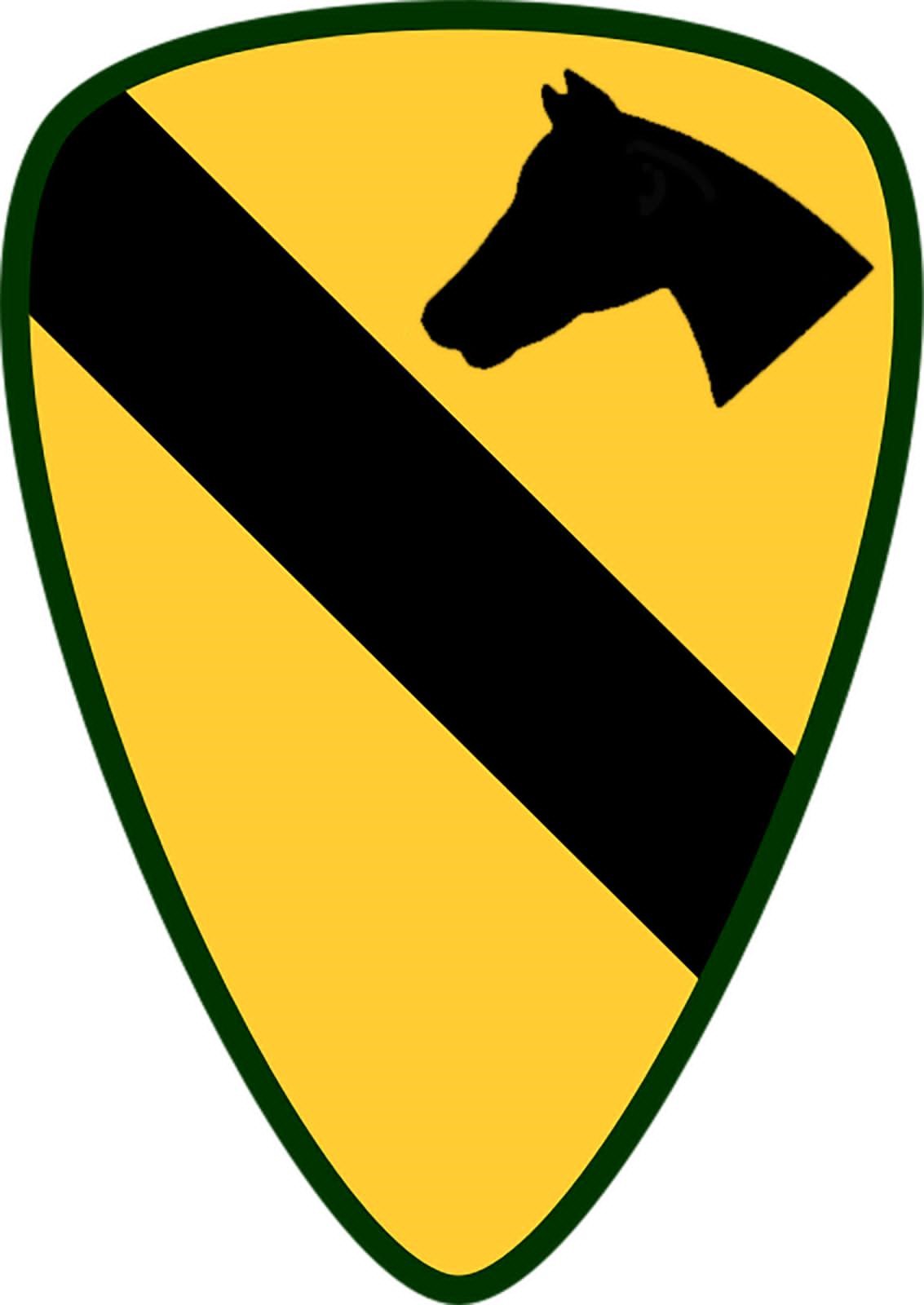

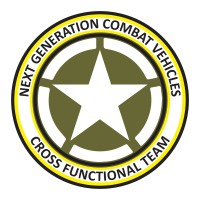
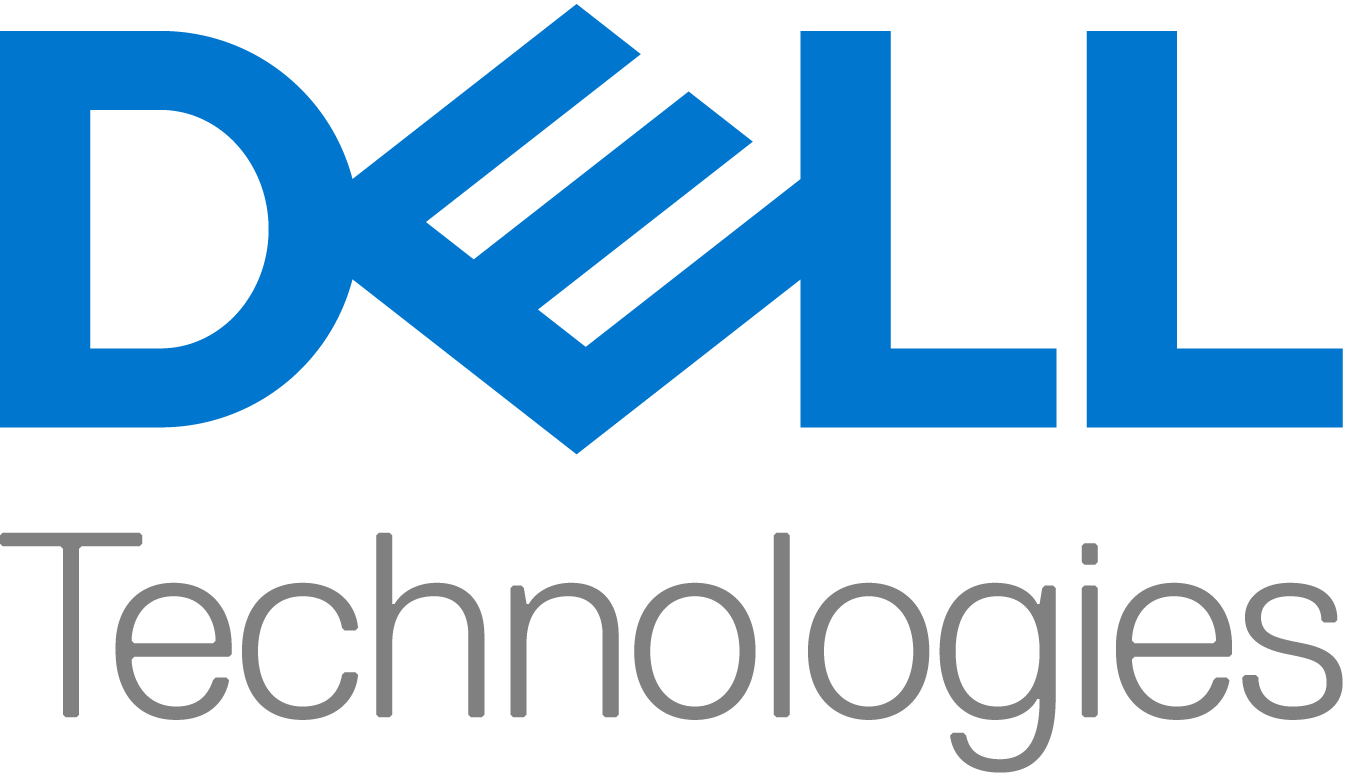
.png)

